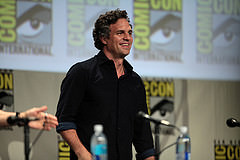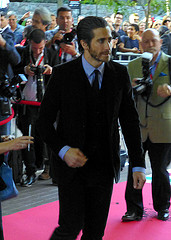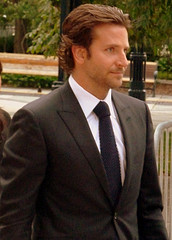Share This Article:
Return to Silver Screen Central Home page


Oscar may be calling on Mark Ruffalo after Spotlight
ASince the advent of television, which forever changed the nature of journalism in this country, there has only been one great movie about traditional print journalism, All the President’s Men. Until 2015, that is. Spotlight may lack the star power of the Robert Redford/Dustin Hoffman Watergate tale, but it’s every bit as powerful a movie.
Spotlight tells the story of the Boston Globe‘s investigation of the sex scandal involving dozens of local priests who had molested children, mostly boys, for decades. Like Watergate, however, the bigger story was the cover-up orchestrated by the Catholic Church hierarchy. The Globe‘s new managing editor Marty Baron (Liev Schreiber) gets wind of the story and suggests that the newspaper’s “Spotlight” team of investigative reporters under the direction of editor Robby Robinson (Michael Keaton) look into it. Slowly and painstakingly, the team puts the story together.
On one level, Spotlight is an excellent procedural on the news business. The team pursue leads, interview witnesses, and scour courthouses and school yearbooks for evidence. But the more they look into the case, the more they realize how it affects them personally. As the story develops, one reporter (Rachel McAdams) can no longer go with her mother to church. Another (Brian d’Arcy éJames) is stunned to learn that one of the pedophile priests lives around the corner from him. Robby feels somewhat guilty himself when an exasperated attorney (Stanley Tucci) reveals that the Globe knew about the story a decade earlier and buried it. Spotlight also raises the bigger moral issues as well, namely whether it’s better not to look at the Church’s involvement in the scandal too closely, in order to maintain its image for the greater public good. Somewhat surprisingly, considering the incendiary nature of the content, Spotlight avoids histrionics for the most part, except for one impassioned speech by the most emotional reporter, played by Mark Ruffalo. However, it’s director Tom McCarthy‘s deliberate manner in staging scenes ranging from embarrassed victim confessions to a bizarrely creepy defense by one priest of his molestation that give the movie its quiet power. The real stunner occurs during the end credits, which show the large number of cities around the world in which similar Church sex scandals took place, and the audience realizes full impact of the Globe‘s exposé. Although I haven’t seen a few of the other Oscar contenders, for my money, Spotlight is the best movie of the year
Continue reading on Spotlight: Mini-review




Recent Comments